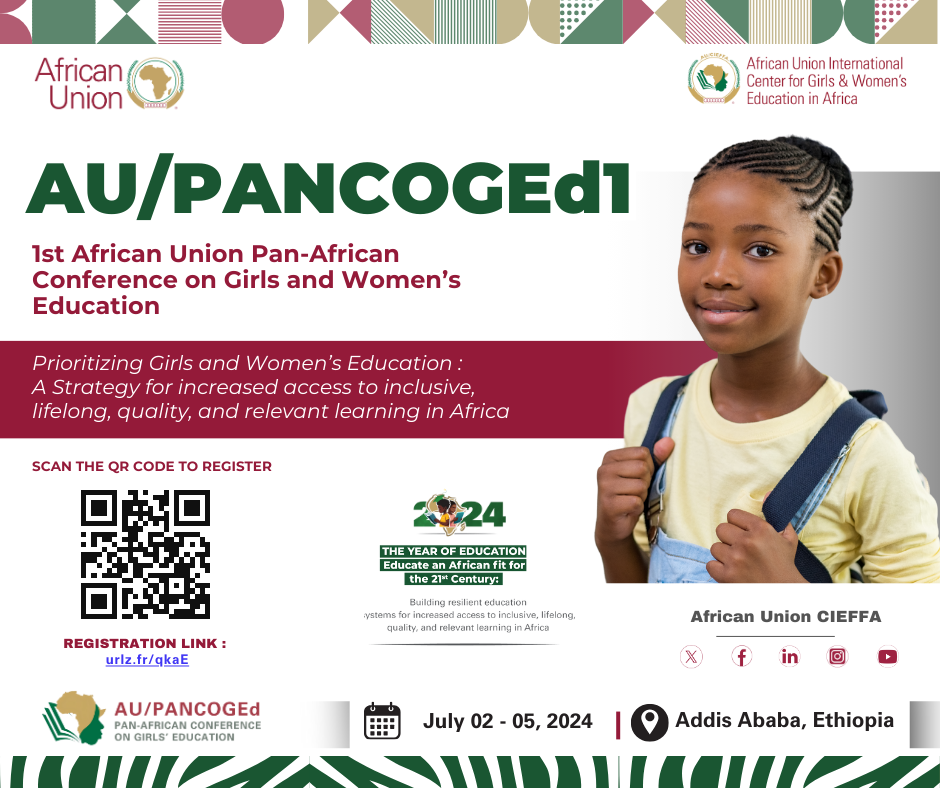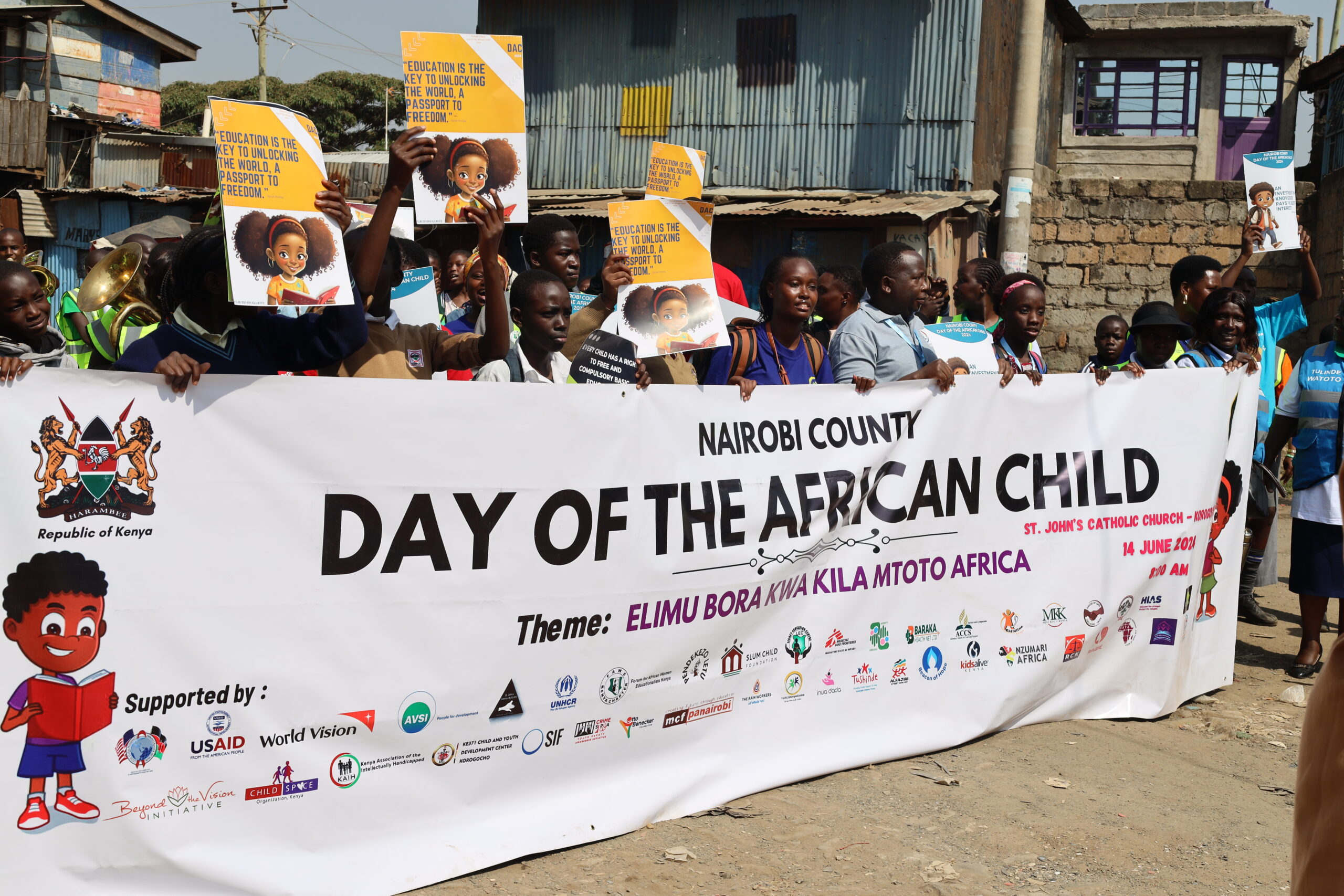By Shem Osomo
Education is one of the most powerful tools for empowering individuals and transforming societies. However, gender disparities in education continue to persist, particularly in developing countries where girls often face barriers that limit their participation in school. In Africa, where gender inequality is prevalent, girls’ education is critical to achieving sustainable development and ending poverty. The Forum for African Women Educationalists (FAWE) has been implementing several models that have demonstrated significant success in improving girls’ education in Africa. These models include Tuseme, Gender Responsive Pedagogy (GRP), and Centers of Excellence (CoE). These models have been designed to address the challenges that limit the participation of girls in schools and transform ordinary schools into gender-responsive schools that retain and encourage learning among girls.
One of the successful interventions implemented in Africa is Tuseme, which is a Swahili word meaning “Let’s Speak Out”. It is a student-led program that aims to empower girls and boys to speak up against gender-based violence and other issues affecting their education and lives. The program encourages students to participate in group discussions and debates on gender issues, helping to raise awareness and change attitudes towards gender equality. Teachers are trained on how to identify and address these issues, and girls are empowered to take a leadership role in addressing their challenges.
Gender Responsive Pedagogy is another effective intervention that aims to transform teaching and learning practices in schools. The intervention focuses on ensuring that the curriculum, teaching methods, and classroom environment are gender-sensitive and inclusive. Teachers are trained to recognize and respond to the diverse learning needs of girls and boys, creating an enabling environment that promotes girls’ participation and success in school.
Centers of Excellence is an intervention that aims to improve the quality of education in schools by promoting innovation and best practices. It involves establishing centers of excellence in schools where teachers can receive training and support to improve their teaching practices. The centers of excellence also serve as resource centers for the wider community, promoting knowledge-sharing and collaboration.
The successes realized in DRC, Burundi, and Rwanda after the training of teachers, headteachers, students, and other stakeholders demonstrate that these interventions can positively transform gender in the education landscape. Retaining girls in schools, redefining gender roles, re-entry of pregnant girls, reducing gender-based violence (GBV), increased community engagement, creating a safe space for girls to speak out on issues affecting their education and lives, and improved teacher-student interactions are some of the notable achievements resulting from these interventions.
In conclusion, education is a fundamental right for all individuals, and gender should not be a barrier to accessing quality education. Implementing demonstrative interventions like Tuseme, Gender Responsive Pedagogy, and Centers of Excellence are clear pointers to the rich knowledge products that positively transform gender in the education landscape not only in Africa but globally. Education stakeholders should prioritize implementing these interventions to promote gender equality in education and ultimately achieve sustainable development.






Leave A Comment